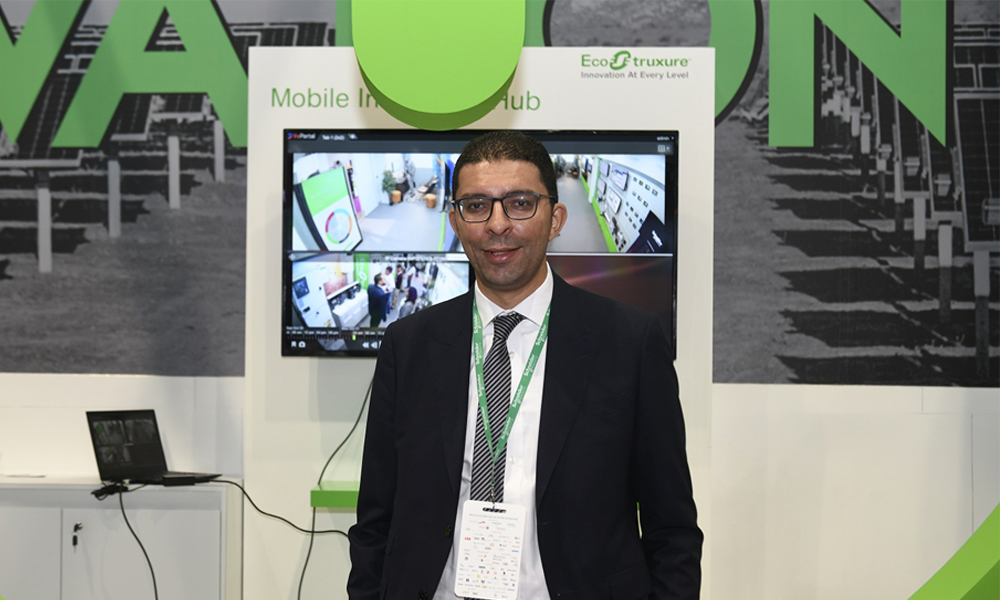As estimated by the International Data Corporation (IDC), investment in technologies enabling smart cities in the Middle East and Africa region is expected to hit the $2.30 billion mark by 2021.
Building cities integrated with next-generation technologies such as the Internet of Things (IoTs) and Artificial Intelligence (AI) requires a huge investment, starting with creating a suitable infrastructure that supports current advancements.
“Digital transformation or digitisation is transforming the grid structure, leaning towards more sustainable and efficient systems,” said Ahmed Fateen, Power Systems VP for Gulf at Schneider Electric to MECN.
“UAE’s Dubai Water and Electricity Authority (DEWA), being one of the leading utility-provider in terms of sustainability and adapting new technologies has implemented our Remote Terminal Units, RTU’s, where devices in the field can be directly connected to the software to measure and read real-time performance of an equipment.”
The focus on digital transformations in utilities continues to grow in the region, with Dubai leading the charge, while key growth areas for this work lies in Geographical Information Systems (GIS). DEWA recently upgraded its GIS system, providing the ability to visualise, navigate, and manage smart grids, according to Schneider Electric.
Fateen added that this can be done for systems that are already existing in the ground as well as the new components of a network.
“Moreover, this will aid in the proper operation of a smart city. Information can be collected from different systems in the city, whether it is electrical systems, water systems, billing systems or any other infrastructure systems. Then the information is processed and there is full visibility on all the structures for operators to make the right decisions at the right time,” he stated.
The role that connected products play in smart cities directly impacts the decision making of executives with the access to rich, real-time data that can be actioned upon instantaneously.
“As we continue to drive this digital transformation forward, we remain vigilant over cyber security and data integrity. Ultimately, in addition to driving sustainability, it is crucial to ensure solutions are reliable, secure, and cost-efficient,” Fateen concluded.

